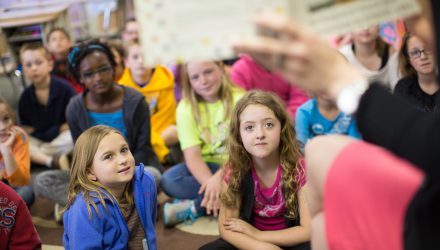
How to Adapt Education for a Pandemic
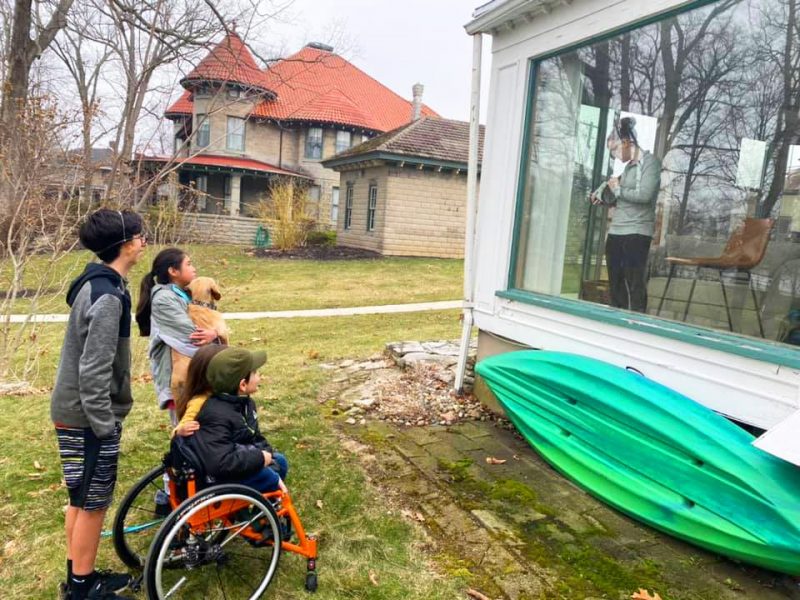
Rachel Jensen graduated from Grace with a special education degree in 2014. That May, she walked across the stage, received her diploma from one of the best colleges for teaching, and gave a hug to her beloved teacher and then dean, Dr. Laurie Owen. Who would have guessed that just six years into her teaching career, a global pandemic would take place and turn special education — and education itself — on its head? Suddenly teachers everywhere are learning to adapt education for a pandemic.
After completing her year teaching at Jefferson Elementary from the confines of her own home, we sat down with Rachel and asked her a few questions about what the experience was like, how she thinks this will impact education going forward, and her advice to an education major graduate who is stepping into the field of education. If you have the pleasure of knowing this selfless educator, you know you’re in for a treat!
Q: What was your first reaction to learning school would be online for the remainder of the year?
A: I felt very overwhelmed. I wasn’t sure how to make it work and adapt learning, and I knew other teachers felt the same way. There were so many questions and few answers.
Q: What was your new normal as a teacher? What did your day-to-day look like?
A: Every Monday, Wednesday, and Friday were “school days” for students. This was the day that new work was distributed via an online format. Every teacher had to have the work for the day posted by 9 a.m. As a special education teacher, I learned to adapt education work and sent out the modifications the same day. Those days were solely for my students. I had a few students who I met with regularly using Google Meet and others who would pop-on to a meet I kept open for my students who needed some help on their daily work. I tried to keep it open until 3 p.m. during these days.
Tuesdays and Thursdays were not school days for students, so this became a planning day for teachers. We planned the next lessons and communicated with parents as needed. My job requires a lot of paperwork, and so these days allowed me to do that. We also had staff meetings during these days.
Q: How did you overcome challenges in the new format?
A: I asked a LOT of questions and collaborated with my co-workers. There was a lot of grace given to us by our principal and other supervisors, as well as parents. None of us had ever done this before so we overcame it together.
Q: What special challenges did special education pose during this time?
A: So much of my job is working with students in small groups or one-on-one with a lot of hands-on learning, modeling, and repetition. This was particularly hard to do on a tablet or computer. Another part of my job is meeting with parents, teachers, and the principal to review the goals and services that we provide for their son or daughter. Normally, we all meet in a conference room, but we had to do it all online. It was challenging at times to communicate all of this new and sometimes confusing information through a screen.
Q: Why is it valuable for teachers to learn to adapt education – how does this play out even when there isn’t a global pandemic?
A: Learning adaptability is pertinent to good teaching. Teachers, in my opinion, are naturally adaptable. Every lesson a teacher prepares requires students to respond. Based on the student’s response, we have to adapt our teaching to correlate with their level of understanding in real-time. We have to think quickly on our toes in order to help them understand. And sometimes it even means that we have to adapt the next day’s lesson.
Learning about the virus and adapting our teaching quickly was difficult. However, I was amazed to see how efficiently and gracefully my co-workers transitioned into full-time eLearning. They took the challenge and made it work!
Q: Do you think this time of eLearning will affect any permanent changes in the way we do education?
A: That’s a great question. At this point, I think it is hard to tell. I do think it has caused us to think outside the box and create some amazing things through the chaos. The online format, (while not ideal for learning, in my opinion), has enabled teachers to adapt learning and find new ways to teach and students to find new ways to learn. I don’t think that we would have found these mechanisms had we not been forced into them.
I think that this coming school year (2020-2021) will pose some new challenges simply because some students do not learn best from the online format. After two months of eLearning and a three-month summer break, we may have some catching up to do!
Q: What advice would you give to graduates who are stepping into the field in this unprecedented time?
A: Embrace this time. It is a unique period for everyone and most likely, it will never happen again. It is real-life practice in creativity, showing grace, and how to adapt education. Those of you who student taught during this season had an experience unlike anyone else, and I’m sure it pushed you to a new level of teaching.
As you move into your own classroom, remember that things will not always go according to plan and that new plans or different plans are okay. Don’t be scared to take those risks and try something new.
And lastly, remember the grace that was given to you (and all teachers) during this season, and give grace to your students in return.
We couldn’t have said it better ourselves, Rachel! Come to Grace, one of the best colleges for teaching degrees, and learn what giving and receiving grace in the classroom is all about.
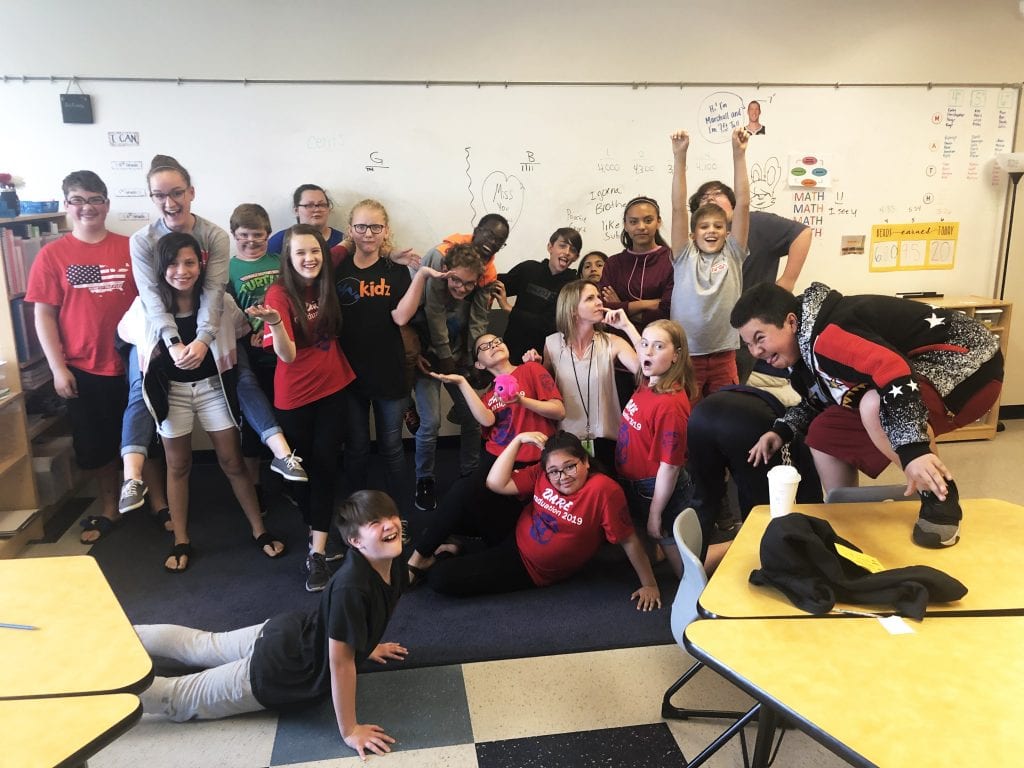
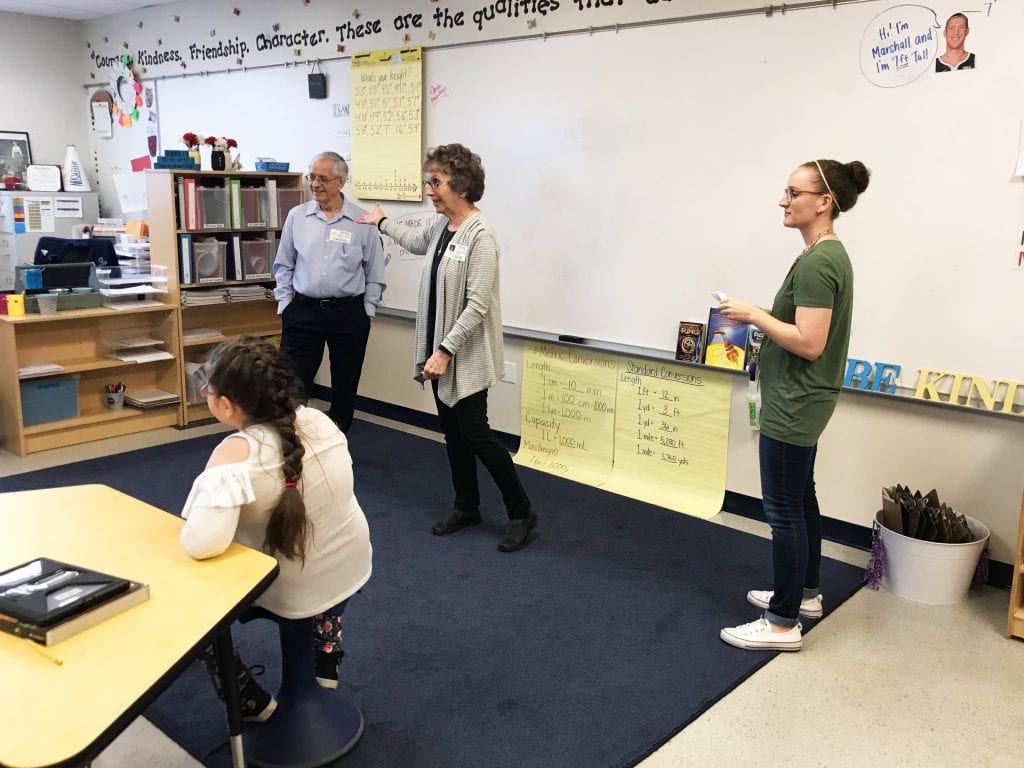
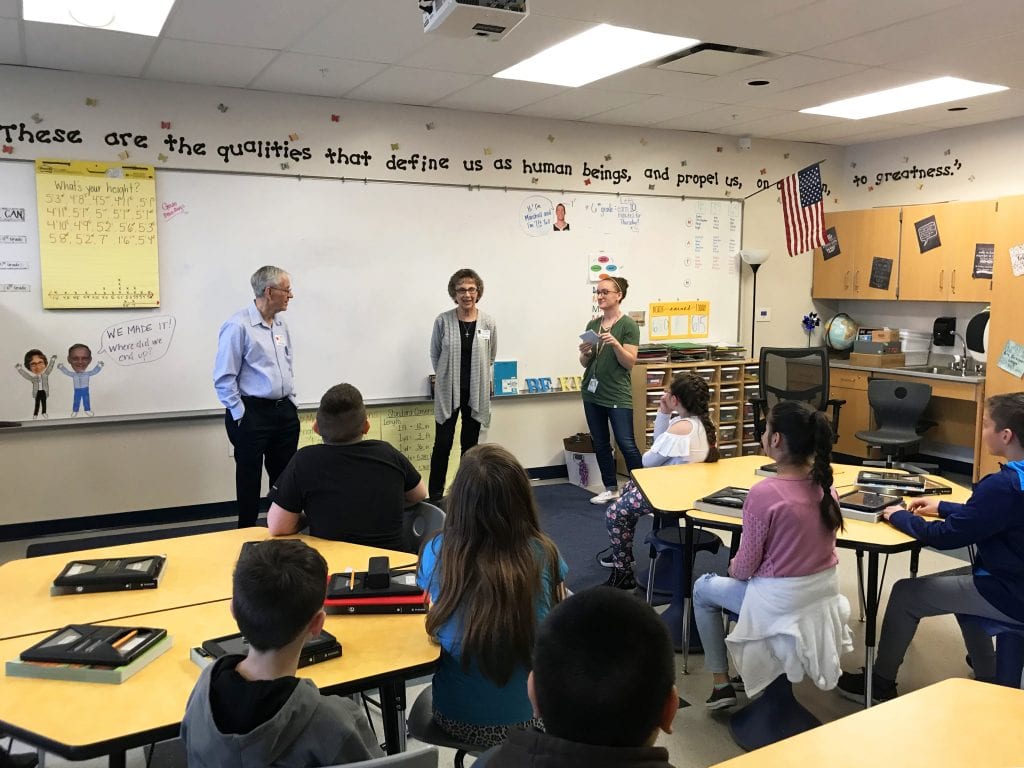
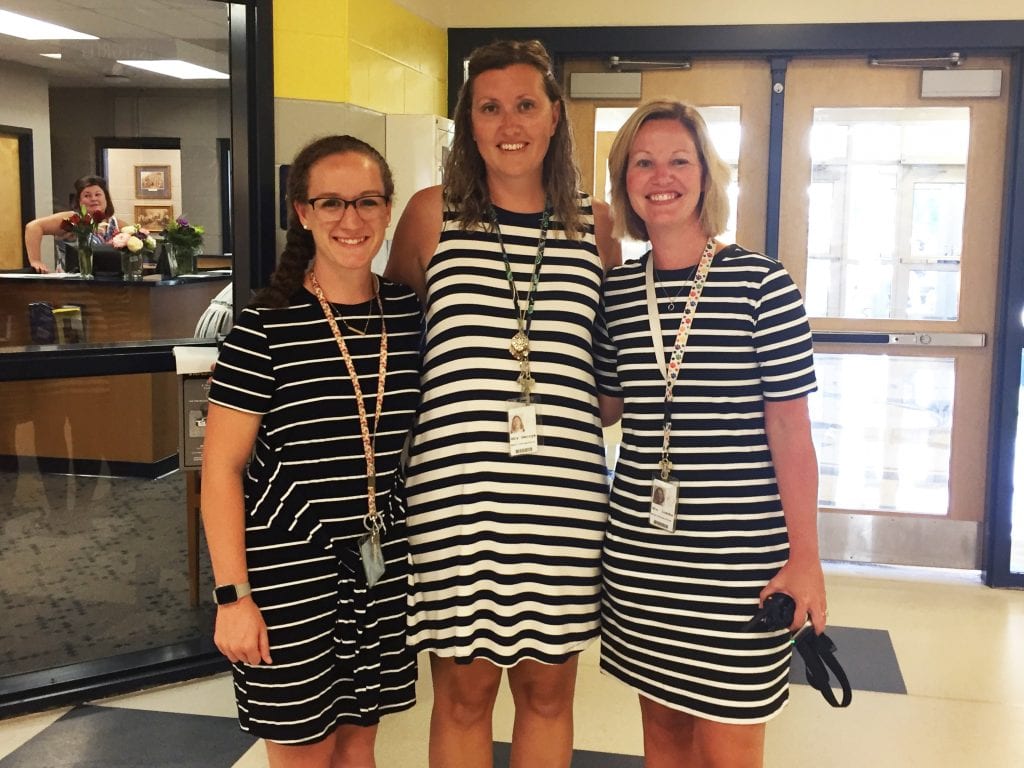
Previous Post

